But to whom, and what is a cliché exactly?
Inspired by Will Smith yeeting Chris Rock’s face at the 2022 Oscars ceremony and then exclaiming “keep my wife’s name out of your (expletive) mouth”, I started thinking about mouth phrases.
To bad-mouth, don’t look a gift horse in the mouth, keep my name out of your mouth, potty mouth, and all the rest of the motley, mouthy bunch.
I don’t like mouth phrases, they leave well… a bad taste in my mouth.
Even as I type this and see the word mouth over and over again, I can feel my aversion rising for no discernable reason, except that to me, mouth phrases are tedious, they’re old news.
And that right there is what makes them a cliché, to me at least.
Simply put, a cliché is a phrase, that’s “regarded as unoriginal or trite due to overuse” (OED). Clichés are a collection of word groupings that are so hackneyed they can be considered trite, pat, mere white noise.
Yet we use them all the time.
If any of the phrases below annoy you to the point where hearing them is like nails down a chalkboard, or you’ve just had enough of them, then it’s a cliché to you.
A woman’s place is in the home
Touch base
As sharp as a tack
Playing devil’s advocate
Give 110%
In a nutshell
Yeet
The very definition of cliché is audience-centric, the inclusion of the word ‘regarded’ tells us that there’s a certain level of subjectivity at play. Regarded by whom, one might ask. The vast majority or just a few?
The truth of the matter is that one person’s cliché may very well be another’s linguistic stalwart. As an elder Millennial, I used ‘yeet’ as a regular verb in the first line of this post, a usage that might not bug other elder Millennials but one that might cause any Gen Z readers, once ardent yeet users, to heave a collective sigh or even raise a half-hearted “okay, boomer.”
To this particular audience, yeet’s day in the sun is over. But if you’ve never seen ‘yeeting’ as a stand-in for slapping or hitting, it cannot be cliché.
Tracing cliché’s roots “a worn counter of a word”
Borrowed from French, cliché — with or without the accent mark [cliché or cliche] — was once a printing term. In the past, a metal plate (aptly called a stereotype) was employed to push ink onto paper, a process that could be repeated over and over again on fresh sheets of paper.
Cliche, in French, essentially means a stereotype. It’s the past participle of the verb clicher, “to print in stereotype.”
There could also be an onomatopoeic element to cliché as the word mimics the noise of the plate being pulled away from the paper. The term’s meaning has since left the French nomenclature of printing and through English’s borrowing and semantic broadening has come to mean oft-repeated.
Research suggests that the earliest recorded use of the word in its current meaning dates back to 1881 when a writer complained about the “facile clichés of diction.” Roughly 40 years later, it appears that people were getting a little sick of cliche itself:
“The word ‘cliche’ itself, we have seen, is a cliche, a worn counter of a word.” - Havelock Ellis, The Dance of Life, 1923
Today, cliche is undergoing another change, no longer only designating tired linguistic or narrative habits, it can denote anything that is seen often or causes the audience to grow fatigued, such as Millennials jumping on passé Gen Z slang terms in a desperate bid to remain relevant.
Idioms may be cliches, but they’re not the same thing
Slang, idioms, and cliches are often confused, and while there is overlap because any slang term or idiom can become a cliche, they’re different things.
An idiom is a grouping of words with a collective meaning that doesn’t match its constituent parts; to be over the moon means you’re ecstatically happy and under the weather means you’re feeling sick.
Slang, meanwhile, is words or phrases that are synonymous with other words or phrases. These are often generational, tied to a particular social group, or both. For example, in the 80s bogus meant undesirable.
Cheugy is a particularly interesting Gen Z slang word. Coined in 2013, this pejorative can be used to describe the lifestyle trends linked to the early 2010s and Millennials. It carries an extra meaning though: the social groups of yore appropriating Gen Z trends, but way too late to the party.
I’ll yeet myself out of here.

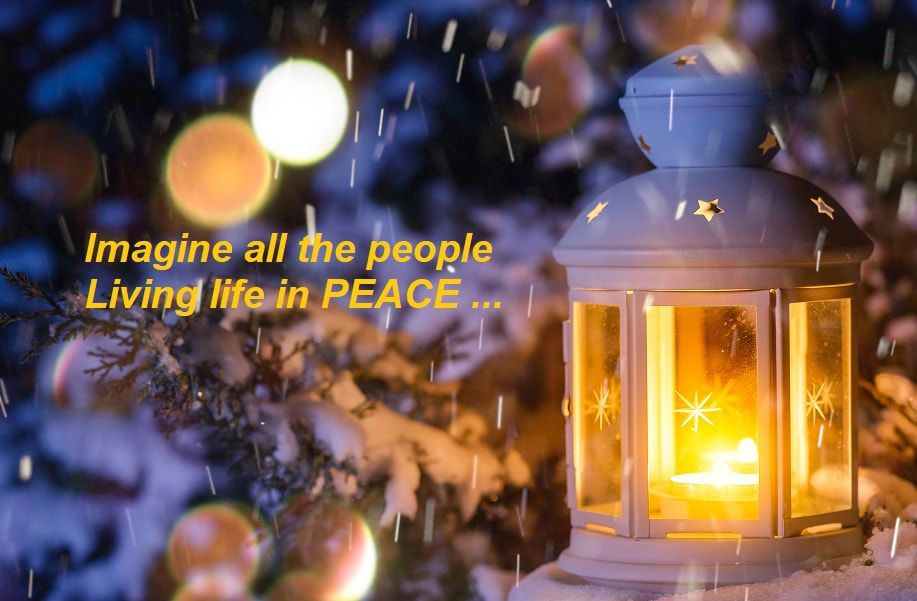
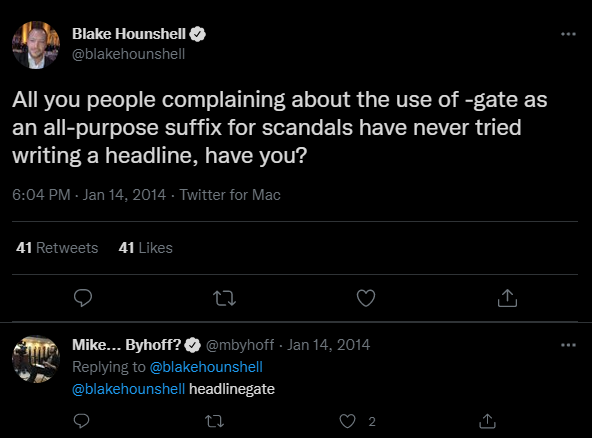
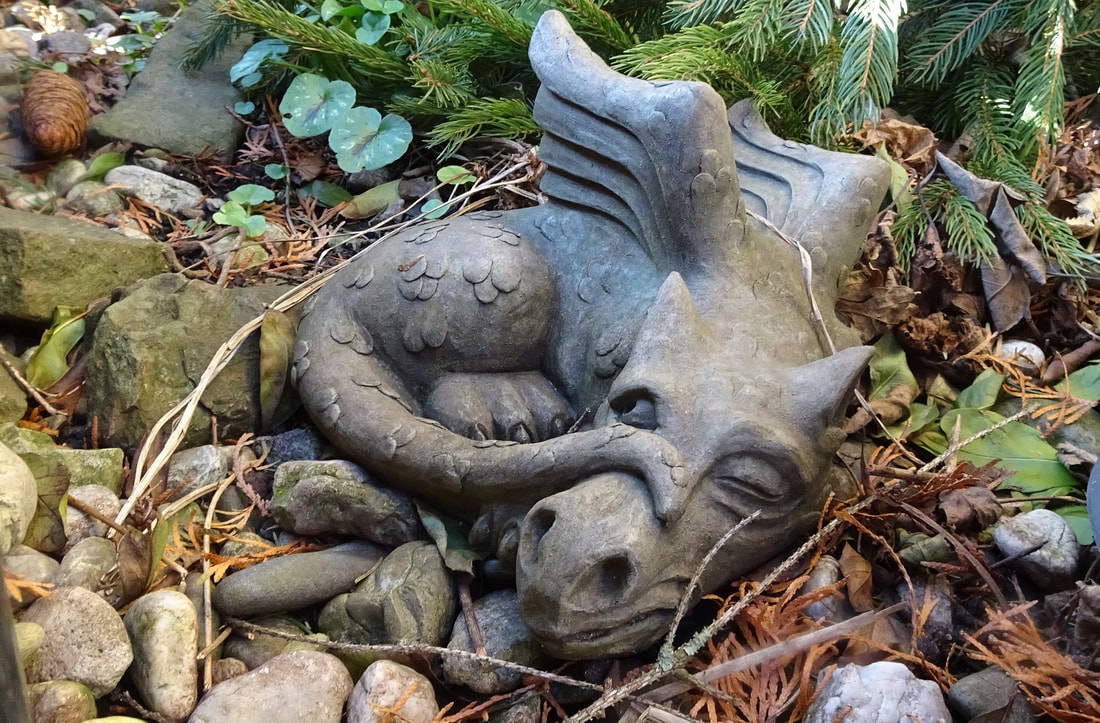


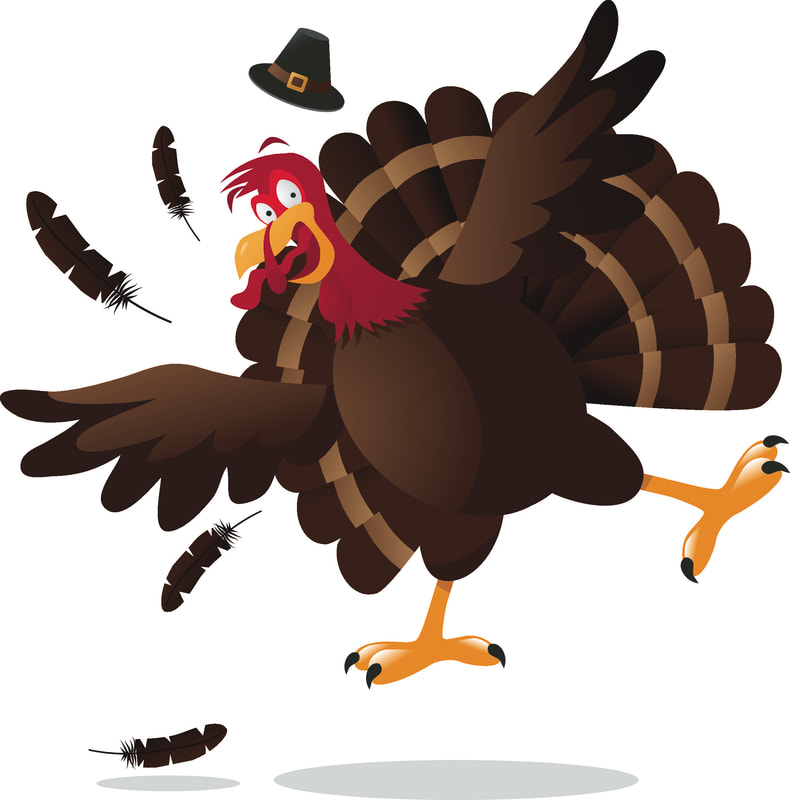
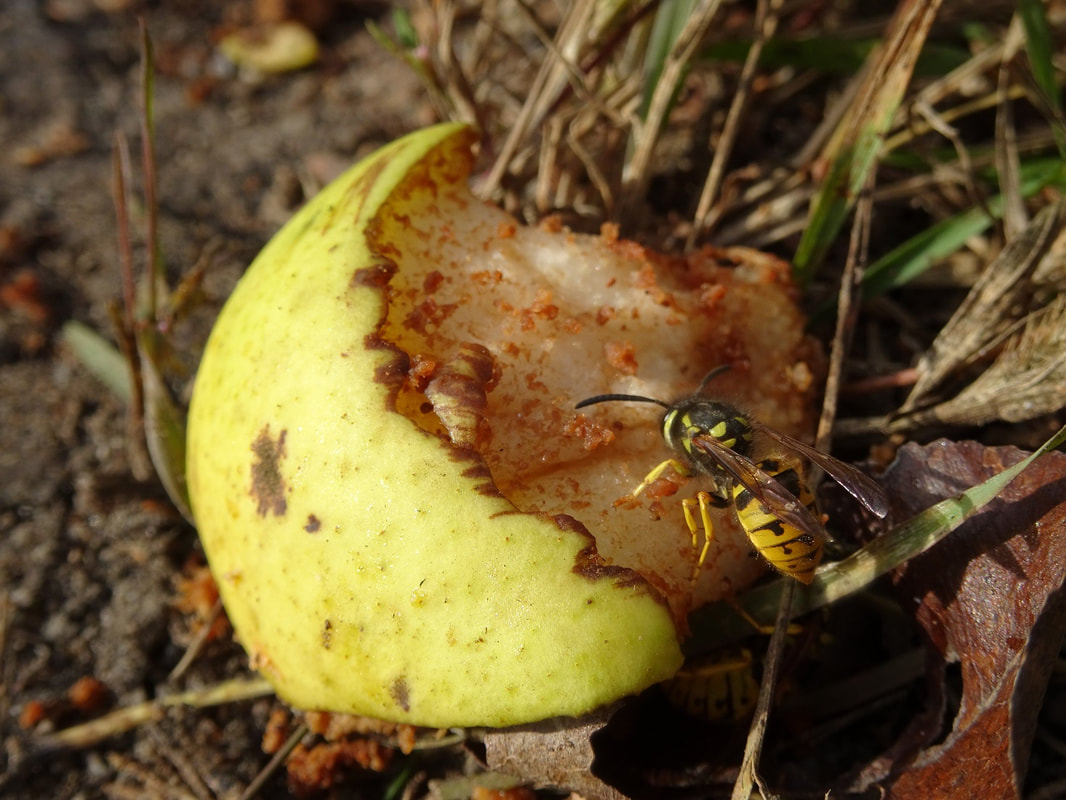







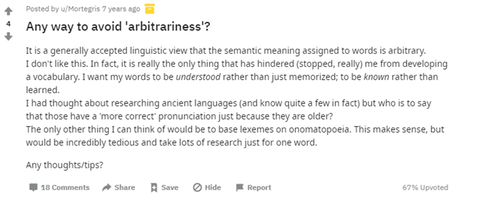







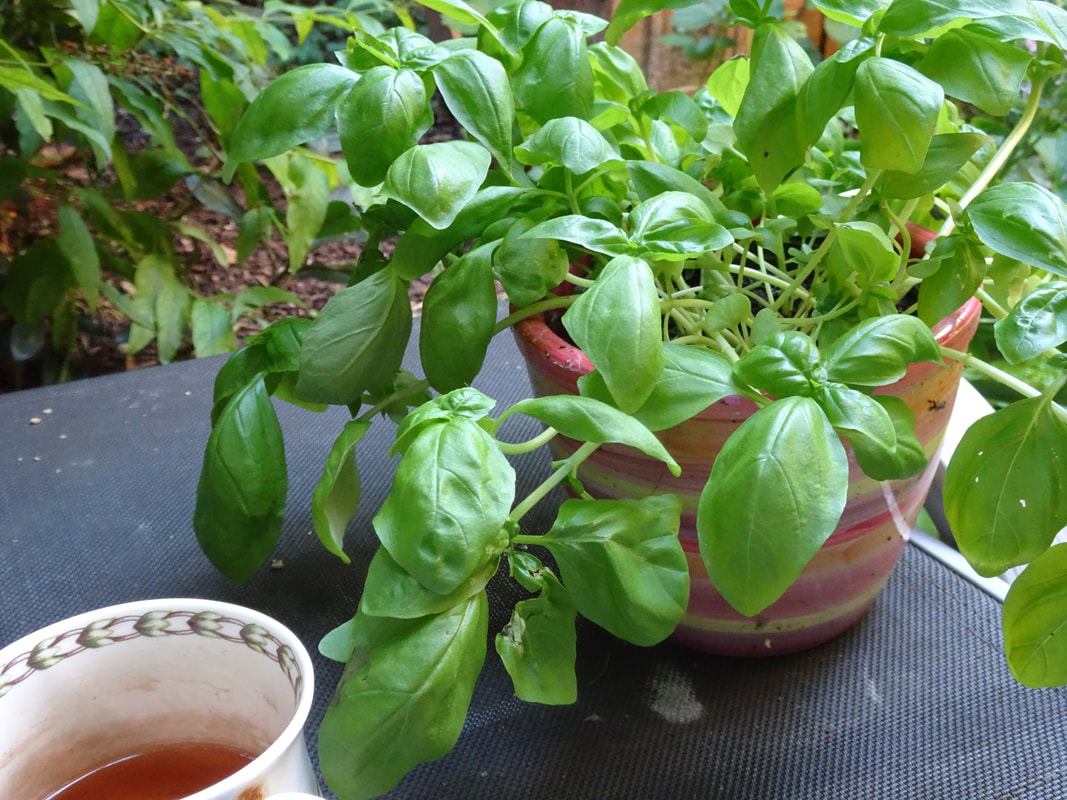
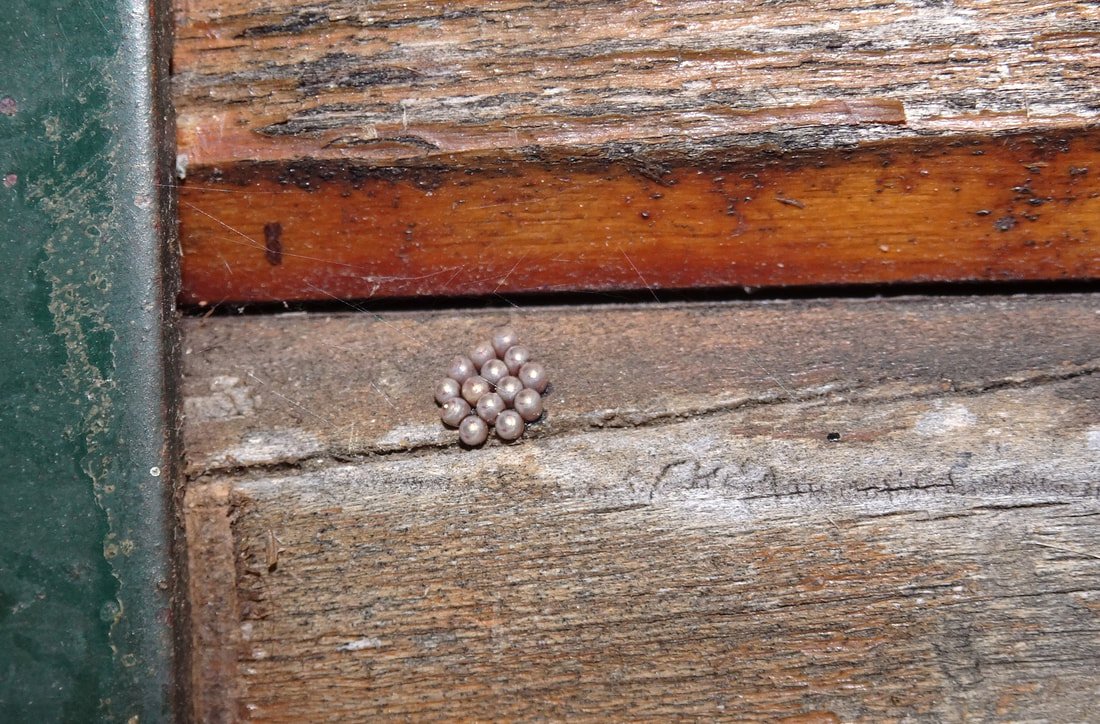

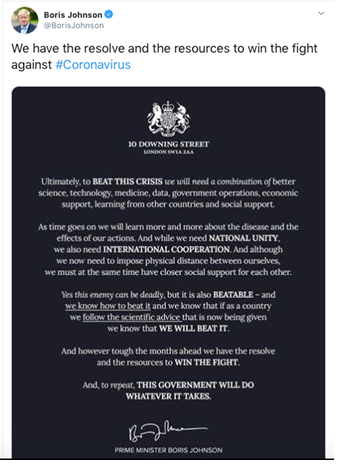

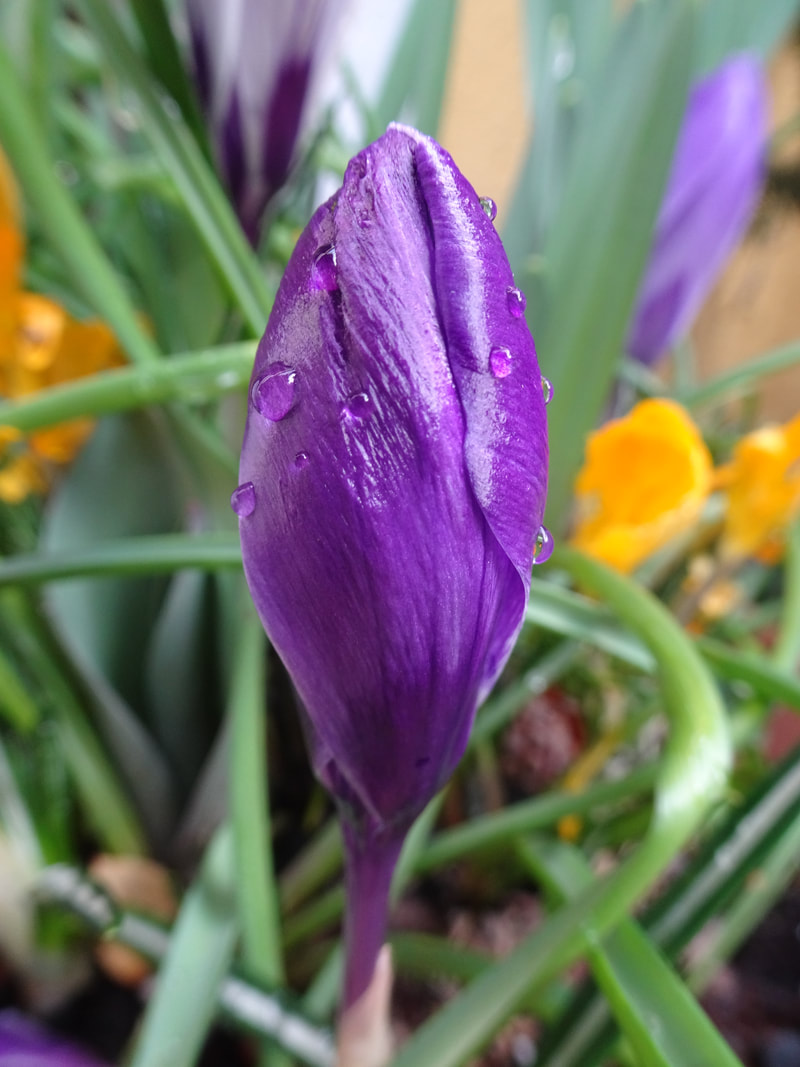
 RSS Feed
RSS Feed